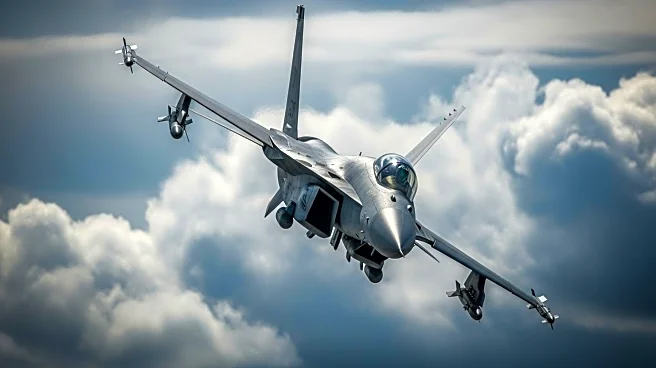What's Happening?
Prime Minister Benjamin Netanyahu's recent strike in Doha against Hamas leadership recalls past military decisions, such as Ariel Sharon's 2003 strike during the Second Intifada. The timing of the strike was influenced by the opportunity to target key figures responsible for terrorist attacks. The decision reflects ongoing dilemmas in balancing military actions with diplomatic consequences, as Israel navigates complex geopolitical challenges.
Why It's Important?
The strike highlights recurring themes in Israel's military strategy, where opportunities to target adversaries are weighed against potential diplomatic fallout. The action may affect Israel's relations with regional and international partners, including the U.S., and influence future military and diplomatic strategies. The historical context provides insights into the challenges of achieving security while maintaining diplomatic ties.
Beyond the Headlines
The strike raises ethical questions about the use of military force and its impact on civilian populations. The decision to act on such opportunities may lead to long-term shifts in regional dynamics and influence Israel's approach to conflict resolution. The historical parallels suggest a pattern in military decision-making that prioritizes immediate security concerns over diplomatic relations.









